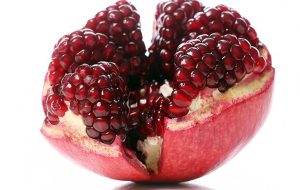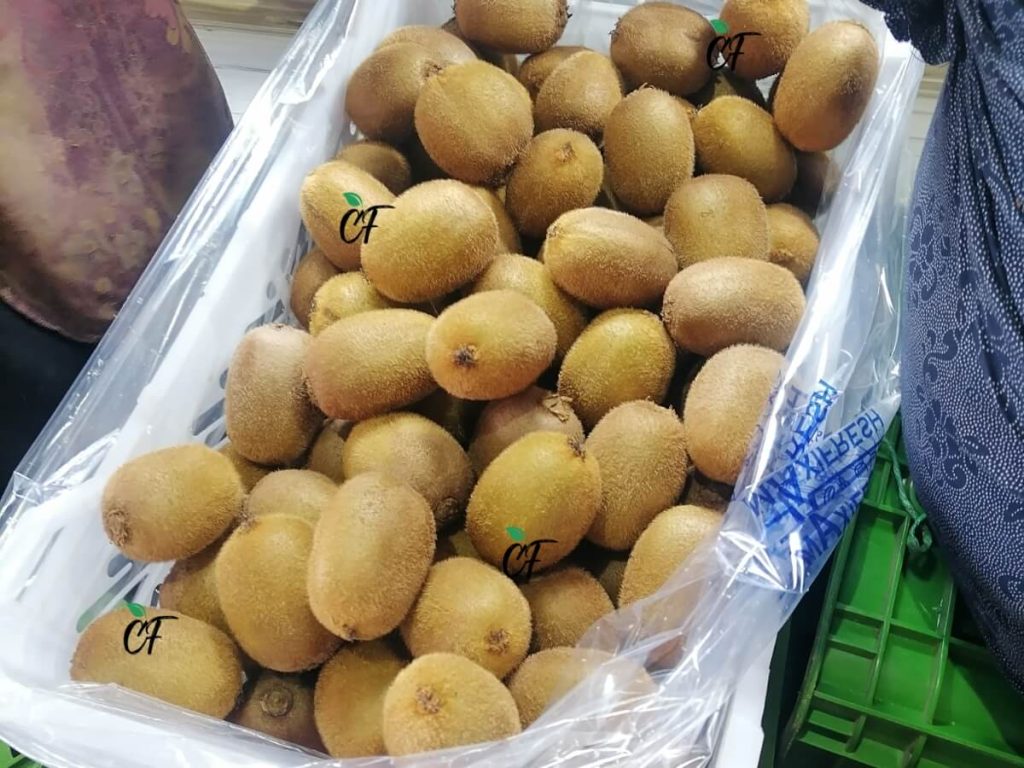Imagine a fruit that explodes with flavor, boasts vibrant jewel-like seeds, and packs a powerful punch of antioxidants. Enter the pomegranate, a fruit that has captivated cultures for centuries and continues to impress modern science with its health benefits. But what exactly makes pomegranates such a potent source of antioxidants, and how can these tiny red gems benefit your well-being? Buckle up, because we’re about to delve into the fascinating world of the pomegranate!
A History Steeped in Health: Pomegranates Through the Ages
The story of the pomegranate stretches back millennia. Evidence of its presence has been found in ancient Egyptian tombs and Greek mythology, where it was associated with fertility, health, and even immortality. While the concept of “immortality” might be a bit of a stretch, these early civilizations likely stumbled upon the positive effects of consuming pomegranates, laying the groundwork for the scientific discoveries that continue to unravel their impressive health benefits today.
The Power of Antioxidants: Why Pomegranates are Nature’s Warriors
One of the most compelling reasons to embrace pomegranates is their abundance of antioxidants. Think of antioxidants as tiny warriors within your body, constantly battling free radicals. These free radicals are unstable compounds that can damage cells and contribute to various health issues. Pomegranates are particularly rich in a class of antioxidants called polyphenols, specifically punicalagins. Studies suggest these unique polyphenols may offer protection against chronic diseases like heart disease, cancer, and even Alzheimer’s disease.
Here’s the exciting part: the benefits of pomegranate antioxidants don’t stop there. Research suggests they may also play a role in:
Reducing inflammation:Chronic inflammation is linked to various health problems. Pomegranate’s anti-inflammatory properties may be beneficial for conditions like arthritis and inflammatory bowel disease.
Boosting exercise performance: Some studies indicate that pomegranate consumption may enhance athletic performance and reduce muscle soreness after exercises Supporting brain health: Research suggests that pomegranates may support cognitive function and memory, potentially offering protection against neurodegenerative diseases.
While further research is needed to fully understand the extent of these benefits, the current evidence paints a promising picture for the role they can play in promoting overall health and well-being.
Beyond Antioxidants: A Look at the Nutritional Powerhouse Within
The story doesn’t end with antioxidants. Pomegranates are a nutritional powerhouse, offering a wealth of essential vitamins and minerals that work synergistically with their antioxidant content to create a symphony of health benefits. Here’s a glimpse into the treasure chest hiding within each ruby-red fruit:
Vitamin C: A critical player in immune function, wound healing, and collagen production.
Vitamin K: Essential for blood clotting and bone health.
Potassium:Helps regulate blood pressure and contributes to healthy muscle function.
Fiber: Supports digestion and promotes a feeling of fullness.
Folate: Important for cell growth and development, particularly crucial during pregnancy.
These are just some of the essential nutrients found in pomegranates. This unique combination contributes to their overall health benefits.
How to Enjoy the Jewels Within: Delicious Ways to Incorporate Pomegranates
So, you’re convinced of the power of pomegranates, but how exactly do you get these ruby-red jewels into your diet? Here are some delicious ways to enjoy them:
Embrace the Seeds: The edible part of the pomegranate is the seeds, also known as arils. Simply remove them from the fruit and savor their sweet-tart flavor. Think of them as tiny bursts of juicy goodness!
Blend it Up: Pomegranate seeds add a vibrant color and unique flavor to smoothies and juices. Create a refreshing and antioxidant-rich beverage that will tantalize your taste buds.
Sprinkle it On: Top your yogurt, oatmeal, or salad with pomegranate seeds for a burst of flavor and texture. It’s a simple way to add a touch of the exotic to your everyday meals.
Get Cooking: Experiment with pomegranate molasses or juice in marinades, sauces, or even cocktails for a tangy twist. Pomegranates can add a delightful depth of flavor to your culinary creations.
Don’t be afraid to get creative! There are endless possibilities to incorporate these delicious fruits into your diet.
Conclusion: Unveiling the Full Potential of Pomegranates
Pomegranates are more than just a delicious fruit; they’re a treasure trove of antioxidants, essential nutrients, and potential health benefits. From supporting heart health to potentially boosting brain function, pomegranates offer a natural approach to enhancing well-being. Whether you enjoy them straight from the fruit, blended into a smoothie, or sprinkled on your favorite dish, incorporating pomegranates into your diet is a simple yet
powerful way to unlock a world of
A Fruit Beyond the Ordinary: Embracing Pomegranates for a Healthier You
So, you’ve unlocked the potential of pomegranates and are ready to embrace them in your life. But a few lingering questions might still be swirling in your mind. Fear not, for this next section tackles some of the most common pomegranate-related queries!
FAQs: Unveiling the Mysteries of Pomegranates
1. How do I choose the ripest pomegranate?
The key lies in a combination of sight and touch. Look for a pomegranate with vibrant red skin that feels slightly firm but yields a bit to gentle pressure. Avoid fruits with blemishes, wrinkles, or mushy spots.
2. What’s the best way to remove pomegranate seeds?
There are a couple of methods! You can cut the pomegranate in half, score the membranes vertically, and then submerge it in a bowl of water. Gently pry out the seeds with your fingers – the water will help separate them from the membrane. Another option is to whack the back of the pomegranate with a wooden spoon over a bowl. The seeds will loosen and fall out easily.
3. Can I eat the white membrane around the seeds?
Technically, yes, you can eat the white membrane, but it’s a bit bitter. Most people prefer to discard it and focus on the juicy arils.
4. Are there any side effects to eating pomegranates?
Pomegranates are generally safe for most people. However, they may interact with certain medications, so it’s always best to consult your doctor before consuming them in large quantities, especially if you have any underlying health conditions.
5. How long can I store pomegranates?
Whole, unripened pomegranates can be stored at room temperature for up to two to three weeks. Once ripe, they can be stored in the refrigerator for one to two weeks. You can also freeze the arils for longer storage. Simply remove the seeds from the fruit, separate them from the membrane, and freeze them in an airtight container for up to three months.
With these FAQs in mind, you’re now fully equipped to embrace the power of pomegranates. So, the next time you’re at the grocery store, don’t hesitate to grab a pomegranate (or two!). These ruby-red jewels offer a delicious and nutritious way to e
levate your well-being, one juicy seed at a time.







